New Scientist covers the latest developments in science and technology that will impact your world. New Scientist employs and commissions the best writers in their fields from all over the world. Our editorial team provide cutting-edge news, award-winning features and reports, written in concise and clear language that puts discoveries and advances in the context of everyday life today and in the future.
Elsewhere on New Scientist
An imperfect experiment • Different approaches to vaping regulation can show us how to make a smoke-free world
New Scientist
Encounter with a giant iceberg
Key agreements made at COP28 • The climate summit in Dubai opened with a deal on a long-awaited fund to help low-income countries pay for climate-related damage, reports James Dinneen
Climate records smashed repeatedly in 2023
CO₂ emissions from fossil fuels hit all-time high
Analysis Climate targets • How will we know when we pass 1.5°C of warming? It looks as if the world will pass this key landmark within a decade, but that might not become official until the 2040s, which could waste valuable time, says Michael Le Page
We can trigger positive tipping points to cut carbon emissions faster
Oil-producing states’ revenue may be cut by 60 per cent
Passing star could fling Earth past Pluto into the Oort cloud
Ultrasound could deliver vaccines without needles
IBM unveils a 1000-qubit computer • IBM has announced two new quantum computers, one of which is the second largest ever made
Shipwrecks help marine life survive trawling threat
Marmosets swap brain cells in utero • Most marmosets have non-identical twins or triplets, and it seems they exchange crucial cells
Traces of cannabis found in 17th-century bones
DNA repair captured in step-by-step detail
Obscure music may help people chat at parties
‘Perfect’ planetary system found 100 light years away
Rare gene variants can make you 5 centimetres taller
AI tuning can lead to rule breaking • OpenAI’s developer tool for its GPT-4 large language model can remove the safety measures
Bottlenose dolphins have the ability to sense electric fields
Robot eel reveals how the strange fish swims so efficiently
Supercontinents helped life evolve on land by trapping soil
How to pour water as quietly as possible
Tiny star harbours a colossal planet
Birdlike prints left millions of years before birds existed
Really brief
Vanishing past • It has been over 100 years since the US began protecting its ancient sites from development, but they remain vulnerable to politics, says Rachel Morgan
Field notes from space-time • Otherworldly fields I have been revisiting the Unruh effect, a beautiful, strange concept born from quantum field theory in curved space-time, says Chanda Prescod-Weinstein
Illuminating
Your letters
Ice music to melt hearts • Research into the acoustics of Svalbard’s glaciers and caves is fundamental to composer Erland Cooper’s latest works, finds Arwa Haider
Scientific harmonies • Our resident experts Bethan Ackerley and Tim Boddy round up the best science-inflected music albums of 2023
Game on! • What would you do to combat climate change if you were a world superpower? That’s just one of the challenges set by 2023’s best board games, writes Jacob Aron
The truth about vaping • We finally have enough data to get a grip on the potential health consequences of this increasingly popular addiction, says Graham Lawton
How to vape (more) safely
Does vaping wreck your lungs?
HEADING FOR A FALL? • Reports that Western civilisation is about to collapse are premature, says complexity scientist Peter...
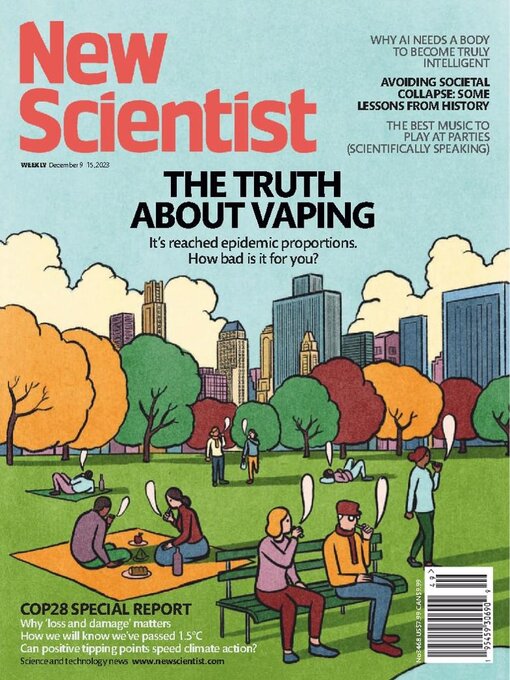
 Jul 27 2024
Jul 27 2024
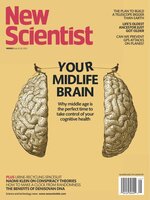 Jul 20 2024
Jul 20 2024
 Jul 13 2024
Jul 13 2024
 Jul 06 2024
Jul 06 2024
 Jun 29 2024
Jun 29 2024
 Jun 22 2024
Jun 22 2024
 Jun 15 2024
Jun 15 2024
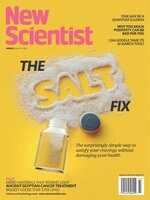 Jun 08 2024
Jun 08 2024
 Jun 01 2024
Jun 01 2024
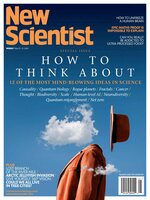 May 25 2024
May 25 2024
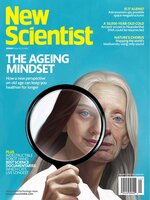 May 18 2024
May 18 2024
 May 11 2024
May 11 2024
 May 04 2024
May 04 2024
 Apr 27 2024
Apr 27 2024
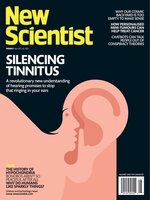 Apr 20 2024
Apr 20 2024
 Apr 13 2024
Apr 13 2024
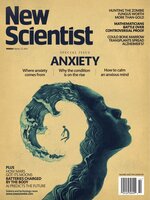 Apr 06 2024
Apr 06 2024
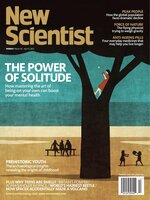 Mar 30 2024
Mar 30 2024
 Mar 23 2024
Mar 23 2024
 Mar 16 2024
Mar 16 2024
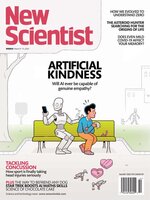 Mar 09 2024
Mar 09 2024
 Mar 02 2024
Mar 02 2024
 Feb 24 2024
Feb 24 2024
 Feb 17 2024
Feb 17 2024
